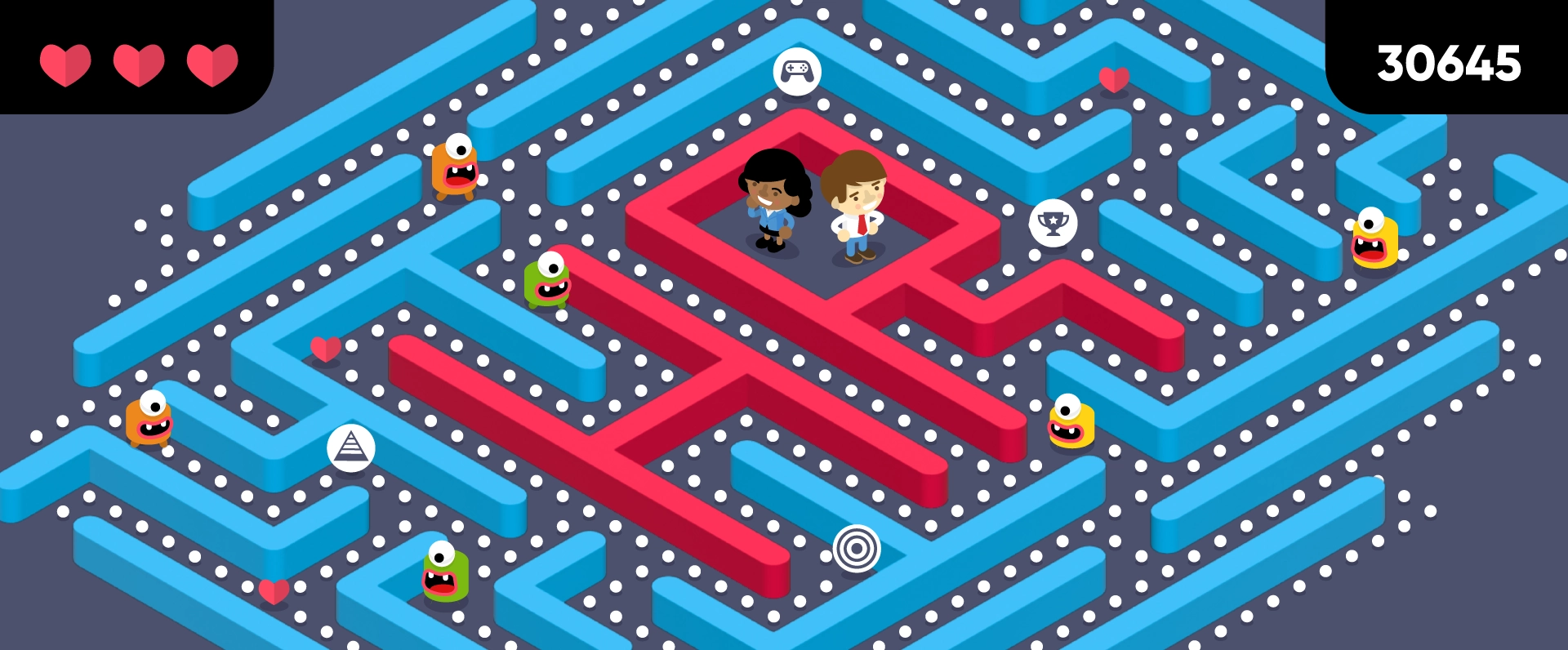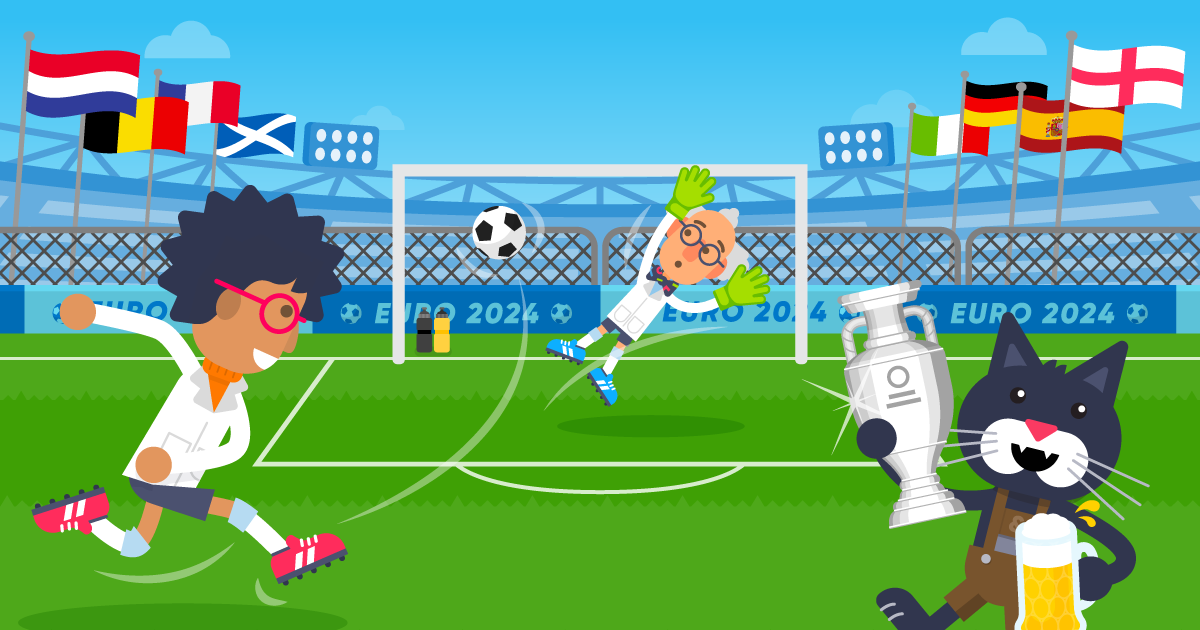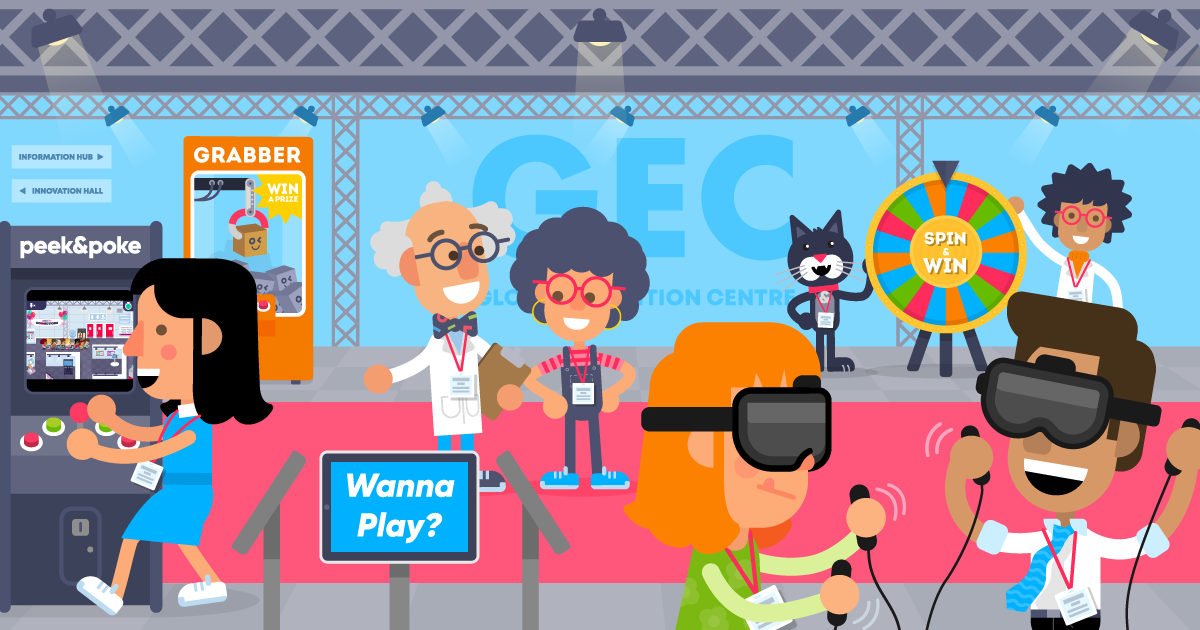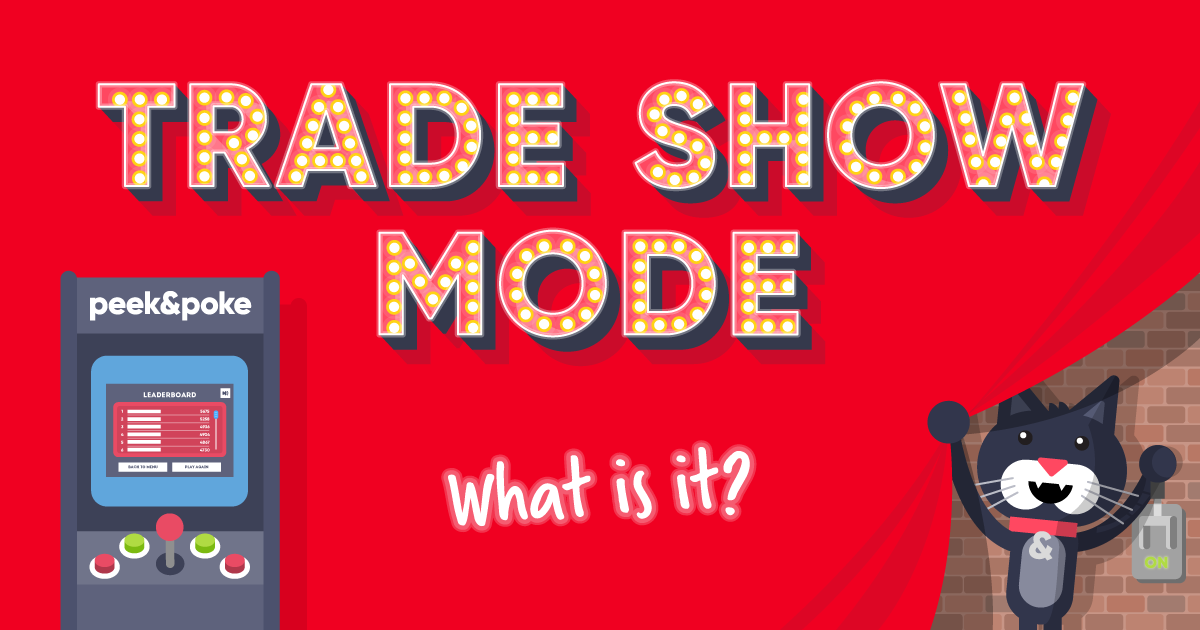The new world of work
As the global workforce evolves to accommodate a growing cohort of millennials and Gen Z employees, companies were already on the lookout for new ways to engage their staff. Add to that a disruptive pandemic that accelerated the shift to remote and hybrid working, and the challenges surrounding employee engagement become clear.
Even before COVID-19, 20% of remote employees reported feelings of loneliness and a lack of belonging. A 2021 Microsoft report on hybrid working confirmed that things had gone south for Gen Z in particular, with 60% saying they were struggling with isolation, motivation, and a lack of opportunities to network.
With that in mind, it could be time for organisations to dip their toes into the world of gamification in human resource management.
Gamification as part of the solution
Gamification can be defined as the use of traditional gaming elements in a non-gaming business context. This could be creating a game for staff to play, introducing performance-related leaderboards and progress bars, unlocking achievements, and offering rewards.
While gamification is not the answer to every single challenge presented by the new world of work, it’s certainly a great way to engage employees and connect teams that won’t always be together face-to-face.
Good games are designed to be fun, inclusive, and rewarding. They bring people together, stimulate healthy competition, and put smiles on faces. If you ask us, these are all things that the world could use more of.
HR gamification examples
Right, enough preamble. Let’s dig into some concrete examples of how companies are using gamification to meet their objectives:
Employee engagement
We’re going to go out on a limb here and assume that, if you’re reading a blog about gamification in human resource management, you’re probably very familiar with the concept of employee engagement. Amirite? 👀
While there are many different employee engagement strategies to consider – and the specific objectives will vary from organisation to organisation – we’d argue that gamification is one of the most effective methods for boosting this important metric.
Take Greene King, for example, who had developed a new employee app and wanted to encourage engagement and interaction from staff across the organisation. By using their Running the Pubs online game platform, they could issue challenges via the app and keep colleagues coming back to beat one another.
As Sasha Jones, Kingdom Content Executive at Greene King, said: “We saw a 14% increase in log-ons the week the game launched and the week following. These two weeks had our highest percentage of log-ons to date!”
Team building
These days, most organisations recognise the benefits of building strong teams that connect well and cooperate. Popular activities include meals out, group sports, escape rooms, and excursions further afield, but have you considered using online games to bring people together?
Software company Airship and sister company Toggle have done just that, with an annual Jingle Jetpack game that sees employees and B2B partners competing with one another for top spot on the leaderboard. This light-hearted format inspires just the right level of healthy competition on social media, with colleagues and clients in the hospitality industry all vying for prizes!
Rewarding staff
Sometimes it’s nice to just give a little something back – especially after a difficult year. In December 2020, having already experienced success with a customer-facing branded game, Kwik Fit decided to throw an online conga party for their staff in the UK and the Netherlands.
Set in an office adorned with tinsel, tyres, and characters in boiler suits, the game delivered an average engagement time of 1 hr 39 minutes per player and was a fun way to bring employees together at a time when physical office parties were off the table.
Derivco Sports went one step further by providing their staff with four different games to enjoy during the festive period! As Event Coordinator Jessica Kenningale explained: “We wanted to use remote working as an opportunity to do something different and, being the tech heads we are, we knew it had to be fun and it had to be gamified!”
In this FIFA World Cup year, why not consider a football-themed game to provide employees with a little bit of fun and competition?
Promoting wellbeing
HR teams play an important role in ensuring the personal wellbeing of employees within their organisation. With the recent shift towards remote and hybrid working, this has become more important than ever.
So where do games fit into the equation? Allow us to share a great example from digital marketing agency Sleeping Giant Media, who decided to run a 10-week competition centred around ‘finding the joy’ of gameplay.
By simply encouraging people to take time out of their day and play their Giant App-Attack game, Sleeping Giant Media created a fun campaign that oozed positivity and offered players amazing prizes for taking part. All they asked for in return was that people had fun on their behalf – we love it!
Charity events
For many organisations, charity and fundraising events are regular fixtures in the calendar that bring people together for a good cause. If you think about it, gamification goes hand in hand with this concept – just consider the idea of donation counters or progress bars we often use to track the distance to a fundraising target.
In 2021, construction specialist Rhodar used a branded game in a very creative way to engage employees and donate money to charity. With their Christmas Conga game played over 20,000 times, players on the leaderboard were put into a prize draw to have a total of £1,000 donated to causes of their choice.
Recruitment
Gamification can be a fun way to attract and hire new talent for your organisation. From simulations and virtual experiences to competitions such as hackathons, gamifying your approach is a playful way to surface up the top candidates for a role.
We’re big fans of the LEGO Brick Factor – a competition that the company regularly runs in order to hire new master builders for its Legoland centres. Participants have to complete a series of building challenges, with the best builder winning the competition and getting themselves a new job on the spot!
Onboarding and training
A positive onboarding experience is crucial for making new employees feel at home in their new role – from orientation courses to helpful online portals that guide someone through a set of introductory steps and company procedures.
By gamifying your onboarding and training processes, you can place an emphasis on the elements of competition and progression. Think team-building challenges with colleagues, online quizzes with pre-set questions, or gamified storytelling to deliver information in a way that’s fun and interactive.
HR gamification in practice
If you’re looking for ways to implement a gamification strategy in your own organisation, we’d love to hear from you! We have a range of white label games ready to be customised to your brand, as well as ready-to-go options with seasonal and industry-specific themes – the perfect employee engagement platform for a quick turnaround or more cost-effective option.
If you have any questions, feel free to get in touch and we’ll be happy to discuss how we can work together with you to help you achieve your gamification goals!



